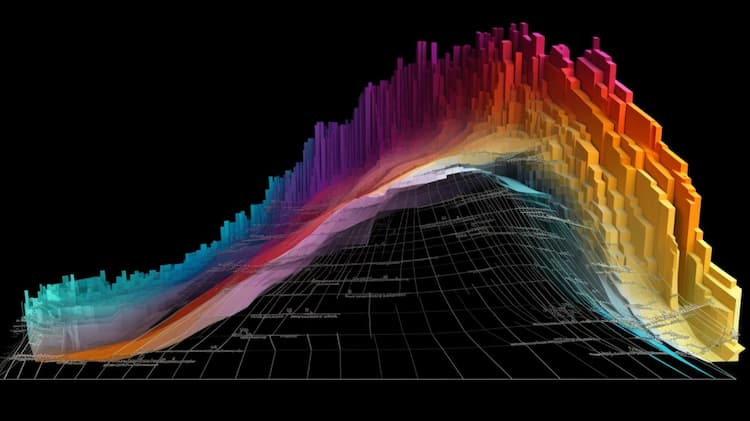DBA ISSUER
Invesco, as the DBA issuer, operates with the aim of mirroring the agricultural sector through its index, which comprises one or more underlying commodities known as index commodities. The primary objective of the fund is to reflect the dynamics of the agricultural industry. To achieve this goal, the fund strategically invests in a diversified portfolio of exchange-traded futures, enabling investors to gain exposure to various aspects of the agricultural market. This approach allows the fund to capture the potential opportunities and fluctuations within the agricultural sector, providing investors with a vehicle to participate in this vital segment of the global economy.
DBA DIVIDEND
As the issuer of the Invesco DB Agriculture Fund (DBA), dividends are an essential component of its investment strategy. DBA seeks to provide investors with exposure to the agricultural sector while also offering income in the form of dividends. These dividends are generated from the dividends and interest income received from the various holdings within the fund's portfolio. As DBA invests in companies involved in agriculture, such as agricultural commodity producers, processors, and distributors, it captures the dividends paid out by these companies to their shareholders. Additionally, any interest income earned from fixed-income securities held by the fund contributes to its dividend yield. By distributing dividends to investors, DBA enhances its attractiveness to income-oriented investors while also providing exposure to the agricultural industry's potential for growth and profitability.
DBA TRACKING
Tracking in the context of the Invesco DB Agriculture Fund (DBA) refers to how closely the fund mirrors the performance of its underlying index or benchmark, which is the DBIQ Diversified Agriculture Index. DBA employs various strategies, including investing in exchange-traded futures contracts, to replicate the index's performance. The fund's tracking performance is evaluated by comparing its returns to those of the underlying index over a specific period. Ideally, DBA aims to track the index as closely as possible, minimizing tracking error. Factors such as management fees, trading costs, and the efficiency of futures contracts' roll process can affect DBA's tracking performance. Investors monitor DBA's tracking closely to assess its ability to deliver returns consistent with the agricultural sector's performance, providing transparency and accountability for the fund's investment strategy.
DBA CORRELATION
The correlation of the Invesco DB Agriculture Fund (DBA) refers to its relationship with various market indices or asset classes. Specifically, it indicates how closely DBA's returns move in relation to those of other assets, such as equities, bonds, or commodities. A high positive correlation suggests that DBA tends to move in the same direction as the benchmark or asset class being compared, while a negative correlation indicates an opposite movement. Understanding DBA's correlation with different assets is crucial for portfolio diversification and risk management. For instance, if DBA exhibits a low correlation with equities, adding it to a portfolio could potentially reduce overall portfolio risk through diversification. Investors analyze DBA's correlation with other assets to make informed decisions about portfolio allocation and hedging strategies, aiming to achieve optimal risk-adjusted returns.
DBA SECTOR
The DBA (Invesco DB Agriculture Fund) focuses on investments within the agricultural sector. This sector encompasses a wide range of industries involved in producing, processing, and distributing agricultural products. DBA's portfolio typically includes companies engaged in activities such as farming, agribusiness, agricultural equipment manufacturing, crop protection, and food processing. Additionally, DBA may invest in futures contracts linked to various agricultural commodities like corn, wheat, soybeans, sugar, and coffee. By concentrating on the agricultural sector, DBA provides investors with exposure to the dynamics of global food production and consumption, offering potential opportunities for capital appreciation and portfolio diversification.
DBA EXPOSURE
The exposure of the Invesco DB Agriculture Fund (DBA) refers to the assets in which the fund invests, providing investors with a window into the agricultural sector's performance. DBA primarily invests in futures contracts linked to agricultural commodities like corn, wheat, soybeans, sugar, and coffee. These contracts enable investors to gain exposure to the price movements of these commodities without directly owning them. Additionally, DBA may hold positions in other financial instruments, such as exchange-traded funds (ETFs) or securities of companies involved in the agricultural industry. By providing exposure to the agricultural sector, DBA allows investors to capitalize on the sector's potential growth opportunities while managing risks associated with commodity price fluctuations and market volatility.



